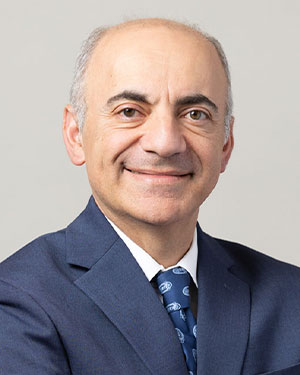Ramin Davidoff, MD, on value-based care and how it benefits older adults.
Jamal Rana, MD, and Stephen Sidney, MD, discuss effects of marijuana, vaping on the heart
Physician-researchers Stephen Sidney, MD, and Jamal Rana, MD, of The Permanente Medical Group recently commented on a Cardiology Today story about inconclusive evidence on the possible cardiovascular impacts of marijuana use and vaping.
Drs. Rana and Sidney, who are both affiliated with the Kaiser Permanente Division of Research in Northern California, have published and reviewed research in these areas.
Some studies associate marijuana use with an increased risk of heart attack in young persons, in addition to the increased risk of arrhythmias, stroke, and cardiomyopathy, according to the story in Cardiology Today, which was recently posted on Healio.com.
“THC [the psychoactive ingredient in cannabis] can stimulate the sympathetic nervous system, while inhibiting the parasympathetic nervous system, which in turn can cause increased heart rate and blood pressure,” said Dr. Rana, chief of Cardiology at the Kaiser Permanente Oakland Medical Center. “We have seen cases when even young patients present with irregular rhythms such as atrial fibrillation. However, there is a paucity of rigorously performed studies. There remains an urgent need for carefully designed prospective short- and long-term studies regarding cannabis use and cardiovascular safety.”
Dr. Sidney said that there is also a concerning lack of evidence on the possible impacts of nicotine-based e-cigarettes or vaping on heart health.
“I recently reviewed this, and up until a couple of months ago, I could only find about 2 studies that tried to look at the relationship of e-cigarette use or vaping with heart attacks and strokes,” said Dr. Sidney, director of research clinics for the Division of Research. “They both showed some association of e-cigarette use with these outcomes, but were very poor-quality studies … There is no reasonable evidence about the relationship, or lack thereof, of e-cigarette use with cardiovascular outcomes.”
Note: To read the full article, visit Healio.com.


